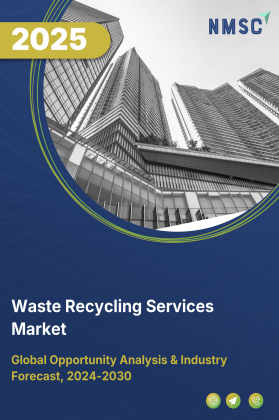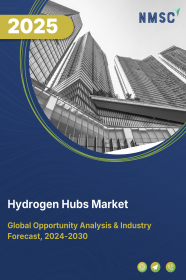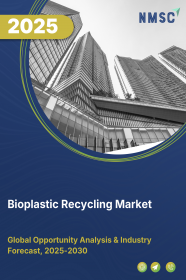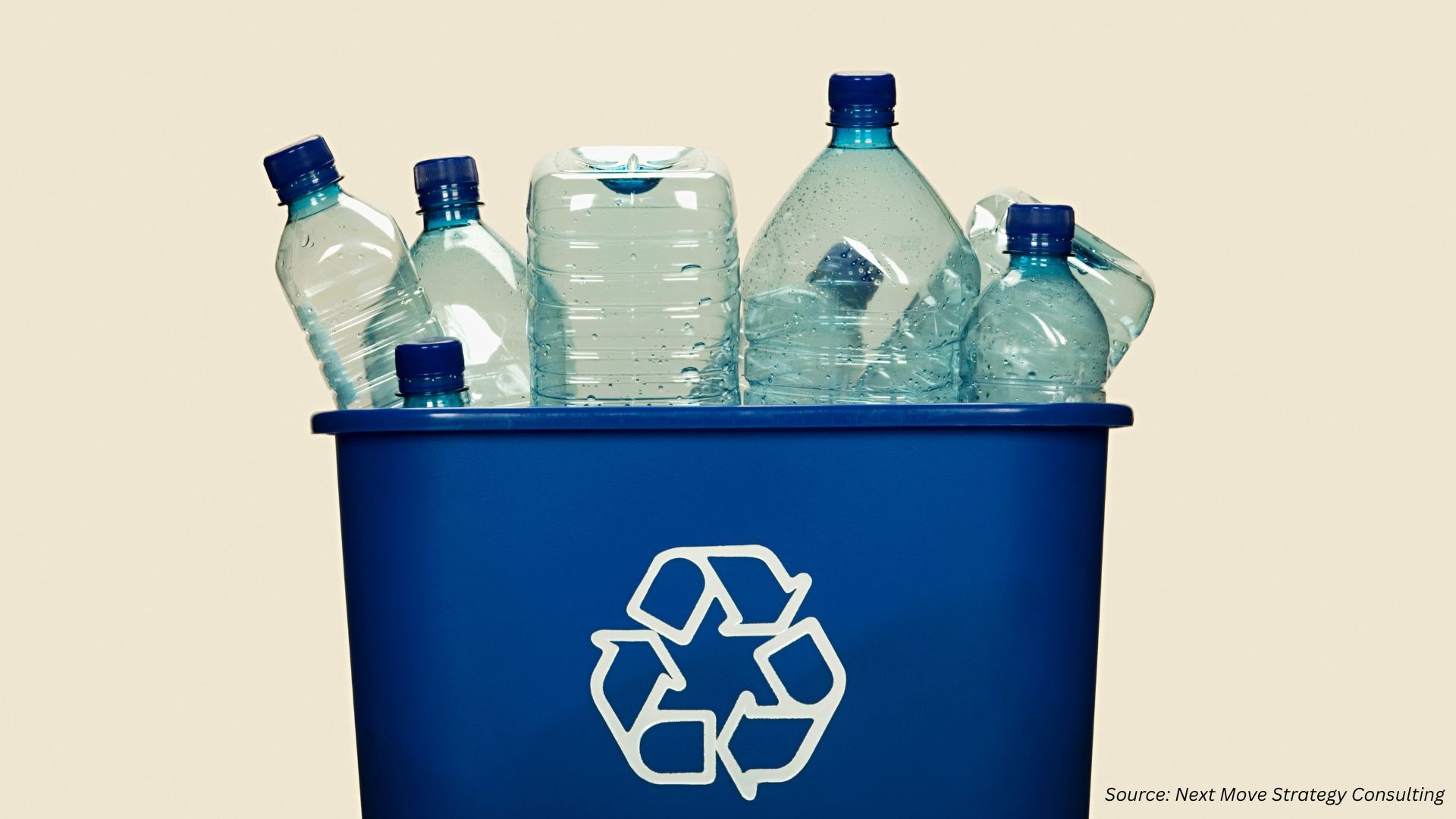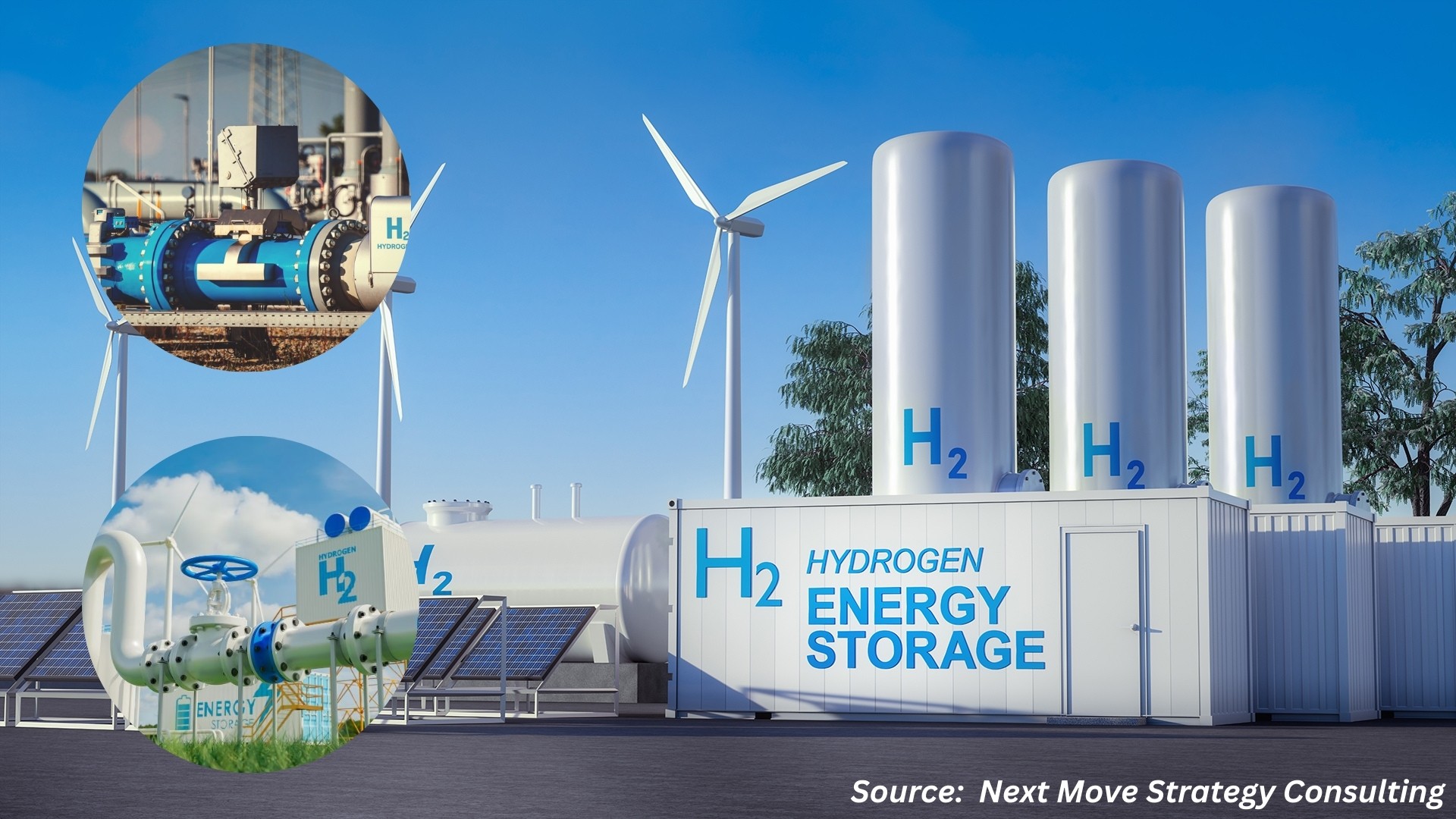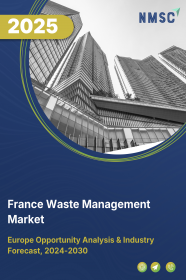
France Waste Management Market by Waste Type(Hazardous Waste, and Non-Hazardous Waste), by Service(Collection, and Disposal), by Source(Residential or Municipal Waste, Commercial Waste, and Industrial Waste) – Opportunity Analysis and Industry Forecast, 2024–2030
Industry: Energy & Power | Publish Date: 04-Oct-2025 | No of Pages: 206 | No. of Tables: 166 | No. of Figures: 111 | Format: PDF | Report Code : EP1247
France Waste Management Market Overview
France Waste Management Market size was valued at USD 9.15 billion in 2023, and is predicted to reach USD 13.06 billion by 2030, at a CAGR of 4.20% from 2024 to 2030.
France waste management market involves a wide range of services and activities aimed at managing and mitigating the impact of waste generated by various sectors including residential, commercial, industrial, and healthcare. It includes the collection, transportation, processing, recycling, and disposal of waste materials in a manner that is environmentally responsible and sustainable.
The market also involves the development and implementation of technologies and practices that promote waste reduction, resource recovery, and the safe handling of hazardous materials.
Key components of the waste reduction market include waste collection services, recycling facilities, waste-to-energy plants, landfill operations, and environmental consulting services. As awareness of environmental issues grows, the waste reduction market continues to expand, driven by growing population, technological advancements, and increasing public demand for sustainable waste solutions.
Digitalization And Smart Waste Solutions Accelerate Efficiency In France’s Waste Management Market
The rapid deployment of IoT-enabled sensors, route‑optimization software and cloud‑based monitoring platforms is transforming how municipal and commercial waste is collected, sorted and processed. Smart bins equipped with fill‑level sensors reduce unnecessary pickups, while real‑time data analytics enable operators to identify inefficiencies, predict maintenance needs and dynamically adjust collection schedules. This push toward digital waste management not only lowers operating costs and carbon footprints, but also enhances service quality and transparency for end users, driving accelerated investment in smart infrastructure across France’s waste management value chain.
Corporate Sustainability Commitments Drive Market Expansion In France’s Waste Management Market
The major French corporations and SMEs alike are embedding ambitious zero‑waste and circular‑economy targets into their ESG strategies, creating a surge in demand for specialized waste collection, recycling and resource‑recovery services. Leading players in manufacturing, retail and hospitality are partnering with waste management firms to develop bespoke take‑back schemes, industrial symbiosis projects and on‑site separation programs. These corporate commitments not only boost volumes of high‑value recyclables, but also stimulate the emergence of new service segments—such as industrial biowaste valorization and chemical recycling—further expanding the market’s scope and revenue potential.
High Financial Investments and Regulatory Compliance Restrain Growth in France’s Waste Management Market
While the France waste management market benefits from strong policy support, the high cost of developing and maintaining compliant infrastructure poses a significant challenge. Meeting strict environmental standards requires substantial investment in advanced sorting systems, emission control technologies, and digital monitoring platforms, which can limit the participation of smaller operators.
Additionally, navigating the complex regulatory landscape—including adherence to EU directives and local enforcement mechanisms—requires ongoing financial and administrative resources. These entry barriers slow down new market entrants and can delay expansion efforts for existing providers, creating a constraint on the overall market’s pace of development.
Adoption of Waste-to-Energy Technologies Creates Future Growth Opportunities in France
The integration of waste-to-energy (WtE) technologies offers a major opportunity for growth in the France waste management market. By converting residual waste into electricity, heat, or fuel, WtE systems help reduce landfill usage while contributing to France’s renewable energy targets. Technologies like anaerobic digestion and thermal treatment are increasingly favored for their dual environmental and economic benefits.
As France accelerates its shift toward carbon neutrality and circular economy practices, WtE is emerging as a cornerstone of sustainable waste policy. Continued investments in clean energy recovery from waste are expected to unlock new revenue streams, improve energy security, and support national climate commitments—positioning WtE as a strategic growth area within the country’s waste management landscape.
Competitive Landscape
The promising key players operating in France waste management industry includes Veolia, Suez SA, Paprec Group, Séché Environnement SA, Pizzorno Environnement, Groupe Nicollin, Urbaser Environnement SAS, Chimirec Group, Baudelet Environnement, REMONDIS SE & Co. KG, Smicval, Europlasma SA, Auréa , Derichebourg, Environnement, Groupe Brangeon, and others.
France Waste Management Market Key Segments
By Waste Type
-
Hazardous Waste
-
Solid Waste
-
Liquid Waste
-
Gaseous Waste
-
-
Non-Hazardous Waste
-
Food
-
Paper and Cardboard
-
Plastic
-
Glass
-
Metal
-
Water
-
E-Waste
-
Others
-
By Service
-
Collection
-
Collection and Transportation
-
Storage and Handling
-
Sorting
-
-
Disposal
-
Open Dumping
-
Incineration/Combustion
-
Landfills
-
Recycling
-
Composting and Anaerobic Digestion
-
By Source
-
Residential or Municipal Waste
-
Commercial Waste
-
Offices and Retail Stores
-
Hospitals
-
Restaurants
-
Other Commercial Sources
-
-
Industrial Waste
-
Manufacturing Waste
-
Construction, Renovation, and Demolition Waste
-
Agriculture Waste
-
Medical Waste
-
Other Industrial Sources
-
Key Players
-
Veolia
-
Suez SA
-
Paprec Group
-
Séché Environnement SA
-
Pizzorno Environnement
-
Groupe Nicollin
-
Urbaser Environnement SAS
-
Chimirec Group
-
Baudelet Environnement
-
REMONDIS SE & Co. KG
-
Smicval
-
Europlasma SA
-
Auréa
-
Derichebourg Environnement
-
Groupe Brangeon
REPORT SCOPE AND SEGMENTATION:
|
Parameters |
Details |
|
Market Size Value in 2023 |
USD 9.15 billion |
|
Revenue Forecast in 2030 |
USD 13.06 billion |
|
Value Growth Rate |
CAGR of 4.20% from 2024 to 2030 |
|
Analysis Period |
2023–2030 |
|
Base Year Considered |
2023 |
|
Forecast Period |
2024–2030 |
|
Market Size Estimation |
Billion (USD) |
|
Growth Factors |
|
|
Companies Profiled |
15 |
|
Customization Scope |
Free customization (equivalent up to 80 working hours of analysts) after purchase. Addition or alteration to country, regional, and segment scope. |
|
Pricing and Purchase Options |
Avail customized purchase options to meet your exact research needs. |

















 Speak to Our Analyst
Speak to Our Analyst



